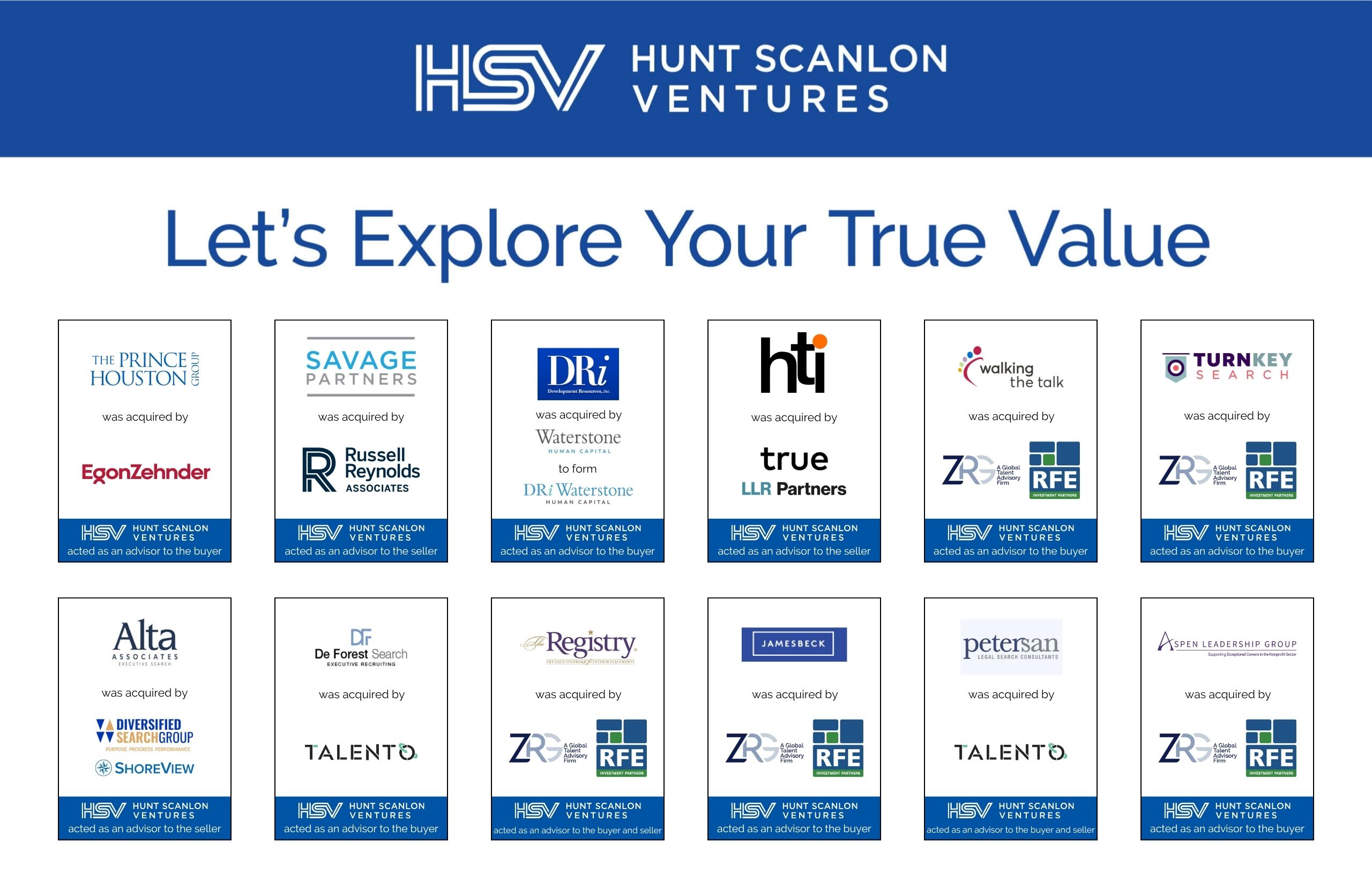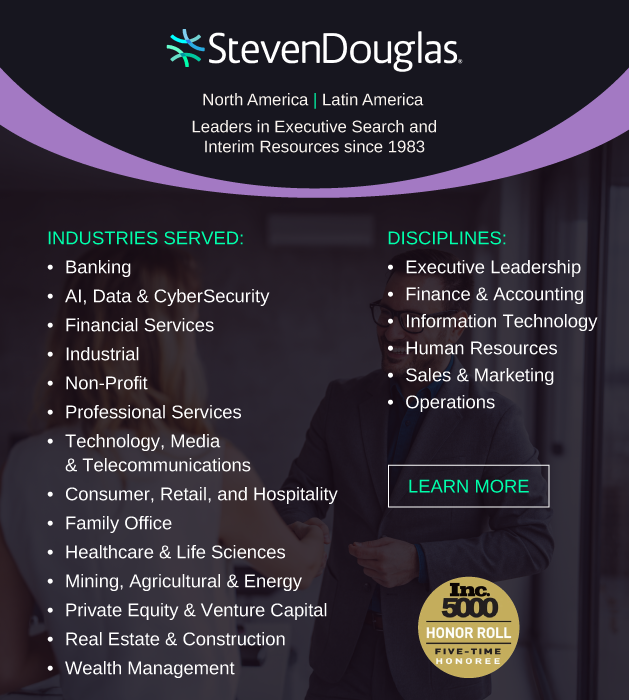As President Joseph R. Biden Jr. orders every U.S. agency to appoint a chief AI officer within 60 days, Hunt Scanlon Ventures co-CEO, Scott A. Scanlon, examines how the role, and the technology, will play out across private equity and M&A in the coming decade.
AI has been increasingly buzzy in the past year as companies try to understand the potential benefits it can bring – from ringing out more efficiency in the workplace and streamlining decision-making, to improving employee productivity monitoring.
Now, President Joseph R. Biden Jr. has just announced a policy to help government agencies harness its power and mitigate its risks by appointing chief AI officers. The policy shift marks another inflection point around AI and the rapid acceleration of demand for leaders across the space.
“The President’s pronouncement reinforces the notion that leveraging AI technology will be a key business driver for every organization,” said Scott A. Scanlon, co-CEO of Hunt Scanlon Ventures. “Any leader who fails to understand its impact risks falling behind,” he added.
A New C-Suite Role
Over the last several years a small, but growing, roster of new leadership roles has been introduced to the C-suite, as companies evolve to meet the rapidly changing technology and innovations in their sector. Among them: chief digital officer, chief innovation officer, and chief information security officer.
“Generative AI is a technology requiring technical expertise, but even more important is the need for strategic vision wrapped around it.”
“Generative AI is a technology requiring technical expertise, but even more important is the need for strategic vision wrapped around it,” said Mr. Crook. Given AI’s broad applicational possibilities and the high risks involved, a chief AI officer would help oversee and lead which use cases are selected, and then manage their roll out, he said.
“By establishing a CAIO, government agencies and other organizations that opt in are proactively addressing this fundamental technology,” said Mr. Crook. “In time, AI will up-end every business and alter work as we know it on a scale we have never seen before,” he noted.
PE and the CAIO
The role of AI and CAIOs is not just relevant in government and public companies. “Within PE-backed companies, integrating AI is already becoming a monumental strategic focus for driving innovation, differentiation, and competitive advantage,” said Mr. Crook.
“Private equity firms’ growing interest in appointing chief AI officers highlights their commitment to leveraging AI at the executive level,” explained Natalie Ryan, a partner at executive search firm SPMB, a leader in finding next-generation tech executives.
“I’ve seen the surge in VP partnership roles, specifically aimed at fostering collaborations with AI platforms, which underscores a proactive approach toward embedding AI in product development,” she added. This strategy, she said, enables companies to gain early insights into upcoming AI technologies, “allowing them to tailor their offerings more effectively and secure a competitive edge.”
“Private equity firms’ growing interest in appointing chief AI officers highlights their commitment to leveraging AI at the executive level.”
“Given these developments, PE-backed companies are not only anticipating, but actively contributing, to the surge in AI-focused hiring,” said Mr. Crook. And, according to Ms. Ryan, it is a trend expected to accelerate as AI becomes an indispensable element of competitive strategy across industry.
In AlixPartners’ 9th annual PE leadership report it was made clear that companies need to effectively leverage AI technology or they will be left behind.
“PE firms need to determine whether AI poses a threat or an opportunity for their portfolio companies,” said Hoyoung Pak, partner and managing director, global co-leader AI & data at the firm.
“Will it drive real growth and operational effectiveness? We are seeing more winning companies thoughtfully applying AI to increase sales, cut costs, and improve customer satisfaction – all at once,” he said. “A workforce empowered by AI is the future.”
AI’s Impact on the M&A Landscape
“Aside from the business imperative of AI, we are beginning to see AI seep into the growth strategy of organizations,” said Mr. Crook. “We think this could have an impact on M&A in so many different kinds of ways,” he noted.
“AI is another place firms can shift their focus to pursue growth,” said Tammy Wang, vice president of data science and machine learning for Korn Ferry Digital. “The rise of generative AI is a clear opportunity. Instead of pursuing megadeals, some companies are considering incorporating AI throughout their operations,” she said.
This shift toward AI may require reallocating capital that was previously earmarked for M&A. “There is a lot of money on the sidelines, waiting to be deployed,” said Mark Arian, CEO of Korn Ferry Consulting. “At a time when M&A has slowed, investment in AI tools may be the perfect redirection of funds that have already been earmarked to pursue growth.”
It could also mean this is the perfect time to acquire AI startups, said Mr. Crook, who have proven themselves in the early days of AI.
Article By

Scott A. Scanlon
Scott A. Scanlon is Co-CEO of Hunt Scanlon Ventures, which was formed to assist human capital firms realize their full investment potential. Scott has spent the last three years building the firm’s M&A advisory unit, which now offers a full range of critical solutions to guide founders and their management teams to successful exits. Connect with Scott.






